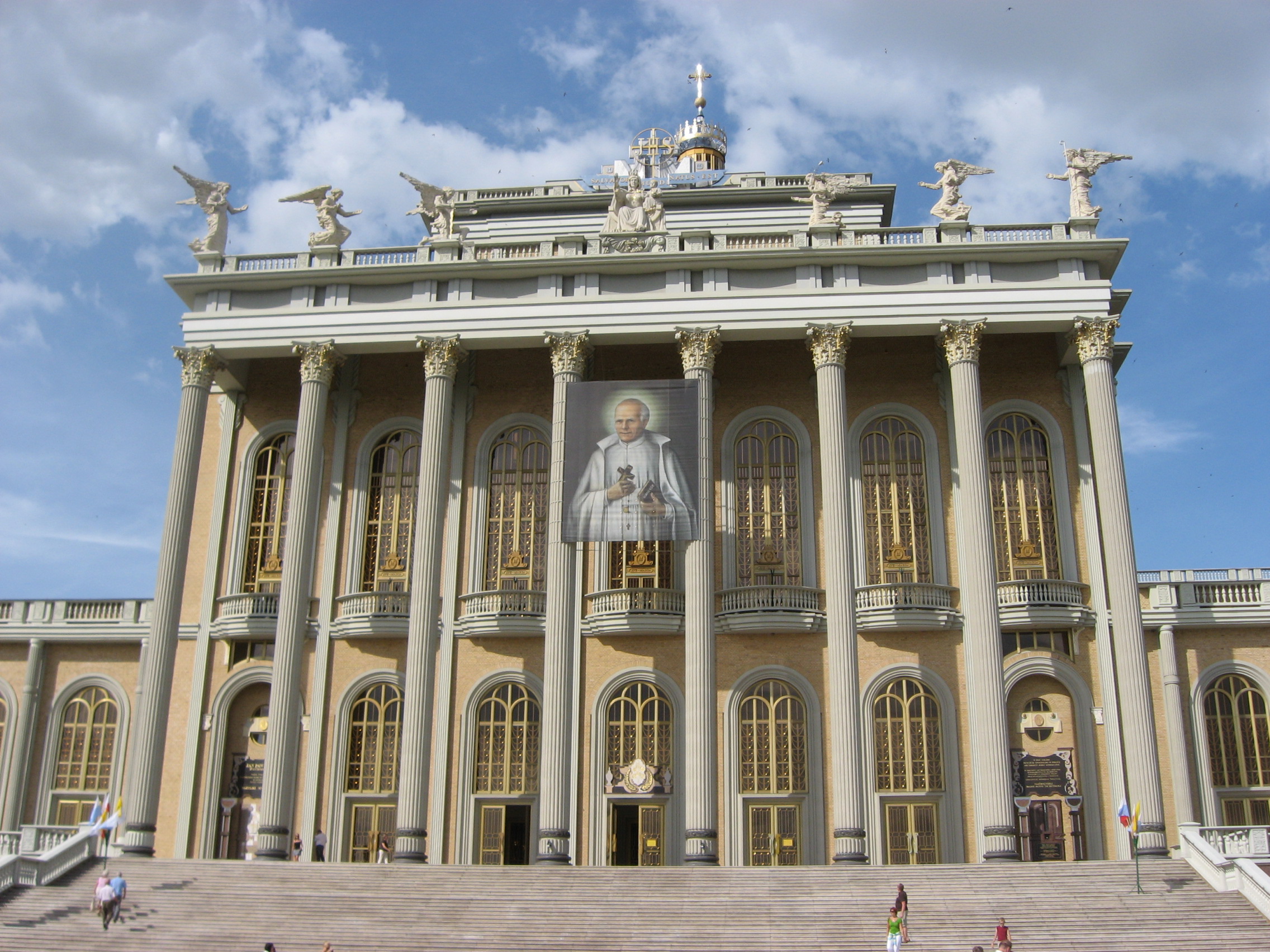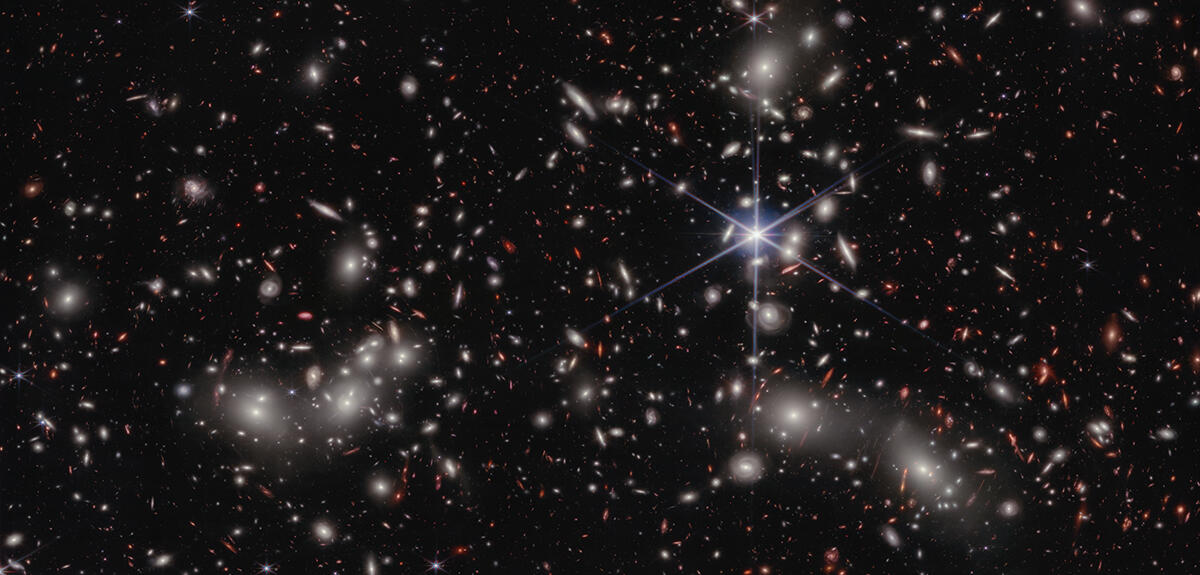- Kursleiter*in: Prof. Dr. Brigitte Obermayr
Männlichkeit(en) in der Literatur seit dem 19. Jahrhundert
Familienvater, Sohn, (Ehe)Mann, Soldat, Abenteurer, Künstler, Autor, Unternehmer – es
existieren gegenwärtig vielfältige soziale Rollen, in denen Männlichkeit gesellschaftlich
ausagiert und konstruiert wird. Forschende auf dem Feld der kritischen
Männlichkeitsforschung sprechen daher von der „Notwendigkeit, von Männlichkeit im Plural
zu sprechen“ (Tholen 2015, S. 12). Unter dem Einfluss der feministischen Herrschaftskritik und
der Gender Studies gerieten bereits seit den 1980er Jahren kulturelle, soziale und historische
Männlichkeitskonstruktionen, -narrative und -bilder in den Blick, die vor allem soziale Formen
dominanter und hegemonialer Männlichkeit adressierten. Demgegenüber betonen jüngere
Beiträge Aspekte der Fürsorge und Nähe. Das Erkenntnisinteresse des Seminars richtet sich
auf das theoriebildende Angebot der kritischen Männlichkeitsforschung und möchte dieses
auf literarische Konstellationen und Reflexionen von Männlichkeit(en) in der
deutschsprachigen Literatur seit dem 19. Jahrhundert im Spannungsfeld von Auflösung und
Beharrung anwenden. Dabei werden Prosatexte von Fontane: L’Adultera [1880], Hugo v.
Hofmannsthal: Märchen der 672. Nacht [1895], Thomas Mann: Der Tod in Venedig [1912],
Walter Flex: Der Wanderer zwischen beiden Welten [1916], Robert Musil: Grigia [1921] u.v.a.
eingehend exemplarisch untersucht.
- Kursleiter*in: Dr. Leonie Silber
- Kursleiter*in: Denise Jechow

Religion in contemporary world – sociological and anthropological approaches
We will begin the seminar with a discussion of the most important
approaches to the study of religion in sociology and social
anthropology. We will discuss the approaches of Emil Durkheim, Karl Marx
and Max Weber and those researchers who have drawn inspiration from
their work. In each case, the theoretical approaches will be related to
concrete empirical observations, in particular to ethnographic ones.
During
the course we will focus on the presence of religion and related
phenomena in the contemporary world: we will discuss the role of
religious organisations in contemporary Europe, we will reflect on the
presence of religious symbols in the public space, ask questions about
the private and public aspects of the legal protection of religious
practices and feelings. We will consider whether religion is first and
foremost a matter of conviction, pracice, social bond or perhaps
politics and tangible presence?
Most of the literature to be read
will be in English; whether the discussions will be in German or
English, we will decide together during the first class.
- Kursleiter*in: Dr. hab. Agnieszka Halemba

The universe fascinated and puzzled human beings ever since they walked on this planet. Initially, the alien world visible in the night sky was imagined as the home of gods and late ancestors. It served as the anchor of humans to find their ways in space and time. It served as the first laboratory to reveal the laws of nature and the exploration of the universe led to regular revolutions in our way of thinking. Today, mankind reaches out to outer space not just for exploration. The world beyond becomes an economic factor and a new arena for conflict and war.
In this interdisciplinary series of lectures inspired by the BMBF science year "our universe", we will have a look at different perceptions of the universe all across the globe from the very beginning to the modern world spanning a wide range of topics.
- Kursleiter*in: Prof. Dr. Filippo Carlà-Uhink
- Kursleiter*in: Prof. Dr. Stephan Geier
- Kursleiter*in: Prof. Dr. Dominik Nicolas Geppert
Materialien und Links zum FM Geschichte, Politik und Soziologie
- Kursleiter*in: Ines Behnke
- Kursleiter*in: Dr.rer.pol Christian Jennerich

